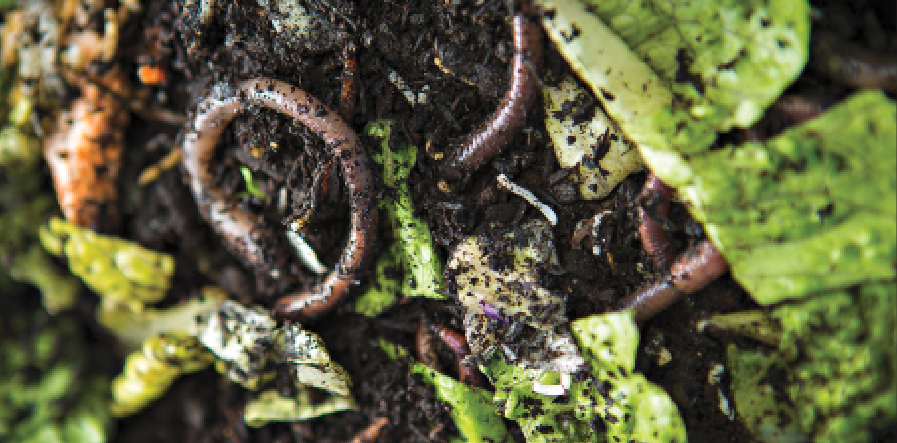Worm farm to turn school waste into compost
Urban Ag students prepare to create, maintain worm farm
Creating a compost bin that consists of leftover vegetables such as lettuce and carrots is an important step in composting and creating a worm farm. The leftover food isn’t only a food source for the worms but it also helps the compost process because the worms can break down the compost easier reducing the chances of having rotten food and decreasing the chance of odor from the rotten food.
February 21, 2020
To start teaching students about vermiculture, which is raising worms and business management, urban agriculture teacher Tyler Schindler and his Natural resource classes will begin raising a worm farm in March. They will be feeding the worms with compost and recycled materials so it will make it environmentally friendly. Once the worms are raised, they will be sold to people who can use them for bait, etc.
The plan is to turn leftover food into compost to feed the worms; essentially, compost is any organic matter such as food that has been decomposed. They will get the leftover food needed for the project from the cafeteria, the district faces a huge problem of overflow of food so this will help combat that. This will help both the environment and the school.
“When it comes to food waste, it’s a big issue, not only here at Bryan but around the nation as well,” Schindler said.
There are many different set ups for worm farms some are more advanced than others but most consist of compost, worms, and some type of bedding. For our school they are going to be just raising the worms so they will have multiple different bins that consists of compost and the worms. Since they aren’t starting this worm farm to produce what is called worm tea, which is a fertilizer they don’t need a complex set up.
“I’m excited to get more hands-on work and actually learn how we as a school can work on the environment,” sophomore Liliana Horr said.
Starting this project is going back to the roots of how the academy started. School based enterprise is what made the academy which is where they take schools and have them start school based businesses as part of the curriculum in certain classes.
“[I’m] excited to get some sustainability into our program,” Sophomore Lilana Horr said. “We can sell them from the school and hopefully with money raised we can help lower income students.”


